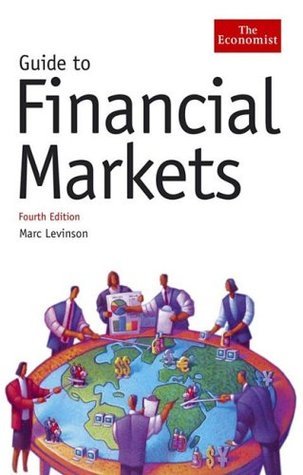Financial markets exercise enormous influence over modern life.
What do markets do?
1. Price setting. The price of something is no more, and no less, than what someone is willing to pay to own it. Markets provide a way to determine different items values.
2. Asset valuation. Market prices offer the best way to determine the value of a company, its assets, and property.
3. Arbitrage. Commodities and currencies may trade at different prices in different locations. Traders can attempt to profit from these divergences, prices move towards a uniform level, making the entire economy more efficient.
4. Raising capital. Companies can use shares, bonds and other instruments to make expansions, build new facilities etc. Individuals can raise capital to buy homes, cars etc.
5. Commercial transactions. E.g. arranging payment for the sale of a product abroad, and providing working capital.
6. Investing. Opportunity to earn a return on funds, and accumulate assets that will provide in the future.
7. Risk management. Futures, options and other derivatives contracts can provide protection against risks, such as a possibility that a foreign currency will lose value against domestic currency.
Inflation decreases the value of financial assets and increases the value of physical assets, such as houses and machines, which will cost far more to replace that they are worth today.
Yield is the income the investor receives while owning the investment.
Capital gains are increases in the value of the investment itself, and are often not available to the owner until the investment is sold.
Mutual funds are investment companies, which combine the investments of a number of individuals with the aim of achieving particular financial goals in an efficient way.
Hedge funds can accept investments from only a small number of wealthy individuals or big institutions. They can focus on one asset rather than diversifying.
Insurance companies own 1/3 of all the financial assets owned by institutions.
Pension funds aggregate the retirement savings of a large number of workers. Employer usually sponsors pension funds and you usually don't have control over how those savings are invested.
Algorithmic traders - high-frequency trading. Computers are programmed to enter buy and sell orders automatically in an effort to exploit tiny price differences.
Other institutions are e.g. banks, foundations and university endowment funds.

